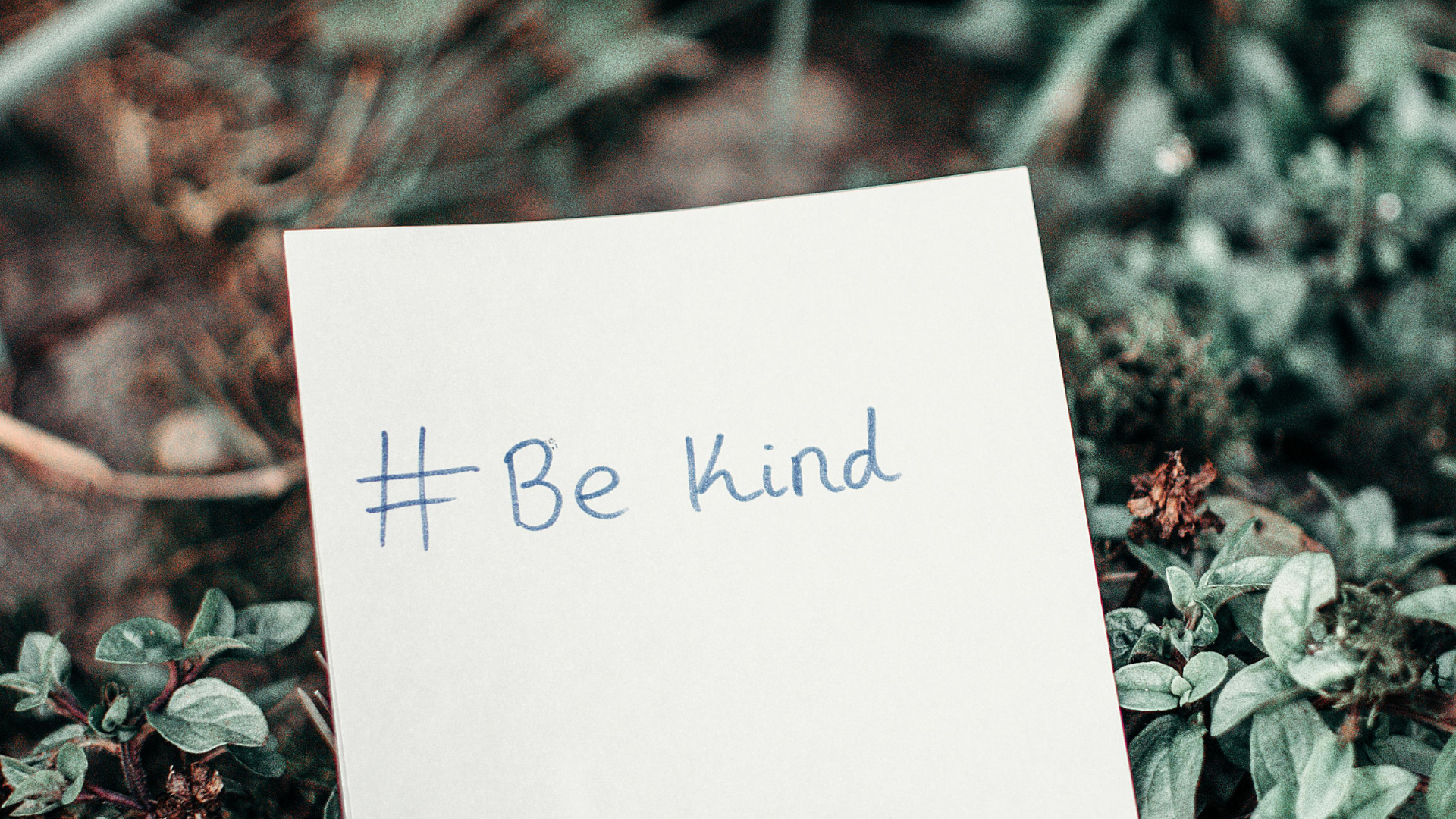Why Kindness Matters for Mental Health
Spreading Kindness to Ourselves and Others
Each year, on World Kindness Day we’re reminded of the power of small acts and the impact they can have on our lives and on those around us. Being kind benefits not just the recipient but also the giver, boosting mental health, fostering positivity, and creating a ripple effect of good energy. Whether through helping others or practising self-compassion, kindness improves well-being and nurtures our relationships.
The Power of Kindness and Mental Health
Research shows that acts of kindness can improve mood, reduce stress, and even contribute to longer lifespans. When we give or receive kindness, our bodies release oxytocin, a hormone linked to bonding, relaxation, and happiness, often called the “love hormone”. Studies even indicate that practising kindness can help reduce anxiety and depression by promoting feelings of connection and purpose.
By taking a little time to practise both kindness toward others and self-compassion, we can support our own mental health and create a more empathetic world. Below are some simple yet powerful ways to bring more kindness into your life.
Tips on How to Be Kind to Others
Express Genuine Appreciation
Taking a moment to let others know you appreciate them—whether for their support, friendship, or simply who they are—can brighten their day. A heartfelt “thank you” or a note of appreciation can make someone feel valued and uplifted.
Offer a Helping Hand
Helping someone with a task, whether big or small, can ease their burden and show them they’re not alone. Helping others, even with something simple, can make a lasting difference in their lives and boost your own sense of purpose.
Practise Active Listening
Kindness can be as simple as being a good listener. When someone feels heard, they feel respected and validated. Listening attentively can show genuine care and compassion, especially during difficult times.
Give Compliments Freely
Compliments are an easy way to lift someone’s spirits. Be sincere and specific when you give compliments, as it makes the gesture feel more genuine and meaningful.
Share a Smile
Smiling at others, even strangers, is one of the simplest ways to spread positivity. Studies have shown that smiles are contagious and can make others feel welcomed and seen.
Practising Self-Compassion: Kindness Begins with You
Being kind to yourself, or practising self-compassion, is just as important as kindness toward others. Self-compassion helps us reduce self-criticism and negative self-talk, which can lead to improved resilience and mental health.
Here’s how you can practise self-compassion:
Forgive Yourself
We’re often hardest on ourselves, but everyone makes mistakes. Practise forgiving yourself when things don’t go as planned, and focus on what you can learn from the experience instead.
Practise Positive Self-Talk
Replace critical thoughts with encouraging ones. Instead of saying, “I’m not good enough,” try, “I’m doing my best, and that’s enough.” Positive self-talk can boost your confidence and outlook on life.
Celebrate Your Small Wins
Recognise and celebrate even the smallest achievements. By acknowledging your progress, you’re more likely to feel motivated and proud of yourself, boosting your mental well-being.
Set Boundaries
Boundaries are essential for maintaining energy and emotional balance. Prioritise time for activities that replenish you, whether it’s a hobby, exercise, or quiet time alone.
Engage in Self-Care
Self-care is crucial for mental health. Whether it’s taking a walk, meditating, or spending time with loved ones, make time for activities that nurture your mental and emotional well-being.
Kindness as a Daily Practice
Practising kindness toward others and yourself isn’t something to reserve for special occasions like World Kindness Day; it’s a habit we can cultivate every day. By showing up with empathy, compassion, and a commitment to supporting mental health, we can make a positive difference for ourselves and everyone we meet.
As you move through your day, remember that every small act of kindness matters. Whether it’s giving someone a compliment, showing patience, or taking time to care for yourself, you’re contributing to a more compassionate world. Let’s spread kindness today and every day—because kindness truly is powerful for mental health.


